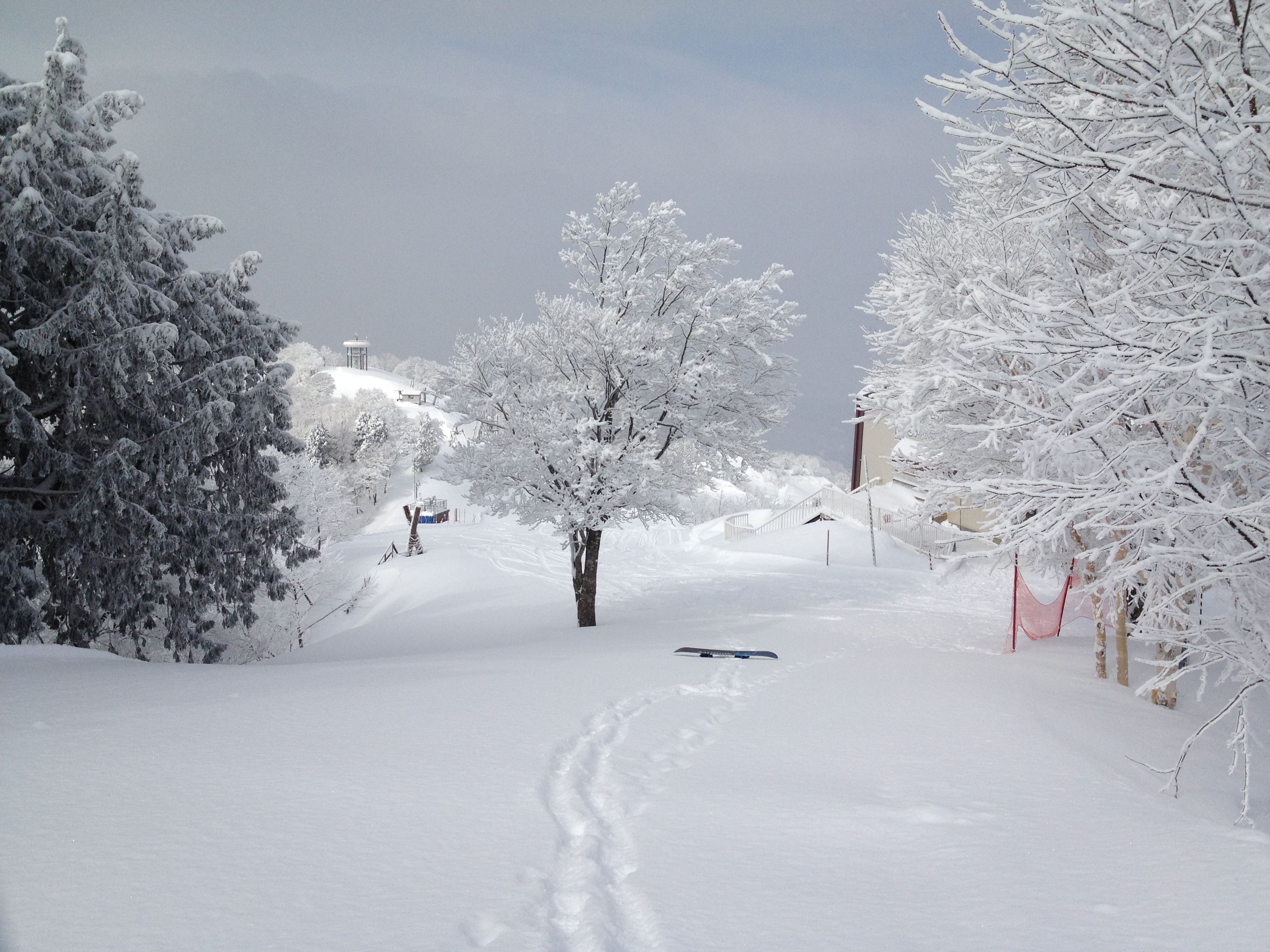 It probably seems odd to try to contextualise the past 7 months, but the thoughts suddenly started coming to me. Isn’t it odd when we make a change or a shift, often we’re simply looking for anyone to give us the confidence to know it is the right thing to do. We’re all looking for affirmation of one kind or another. Well, what follows are some insights on my journey that I think go to prove that grabbing an opportunity, shaking it vigorously, and then embracing it, are valuable at any kind of scale.
It probably seems odd to try to contextualise the past 7 months, but the thoughts suddenly started coming to me. Isn’t it odd when we make a change or a shift, often we’re simply looking for anyone to give us the confidence to know it is the right thing to do. We’re all looking for affirmation of one kind or another. Well, what follows are some insights on my journey that I think go to prove that grabbing an opportunity, shaking it vigorously, and then embracing it, are valuable at any kind of scale.
Insight #1 – Make Space
Our lives are so incredibly full. The lack of posts here is an indicator of that. As we get older things get seemingly more complex: work, money, health, homes, children, travel, exercise, love. Yet we also hat-tip and stare with envy at those that just ‘let go’ and seem to suddenly change direction. When I drew a line in my time at the State Library, it was a sign that I had indeed learnt from my past, in realising that hanging on until you’re either very sick, crazy, demoralised, or all three is a very unhealthy and unsatisfying way to live. In my view, it is exactly the same as knowing when to change tact on a program or project you’re doing, because you realise there is a better way to do it. Making space helps to reset the mind, opening up deep thinking, and lets opportunity find you. Making space allows you to reconnect with the things you wanted to invest more in.
Ironically enough, in the world of education, we have crammed the lives of our young people with so much schooling stuff, that we moan about opportunities to change, thinking that it means adding more. We should be cutting all the extra Maths and English garble (improperly justified as literacy and numeracy) and start injecting more mindfulness into learning. When we look at some of the most progressive and ‘innovative’ education systems in the world, very often they’re doing the simplest thing: giving kids time to connect with themselves, their inner voices, and just letting kids be kids. What if learning was about creative ways to ‘make space’, learning to let go, failing and quitting with grace? Well, my way of making space was to quit my job while not having a plan for another. Crazy? Maybe. But making space was the best thing I could have done; easy to say given I have landed in work that feeds exactly the energy I was looking for. Which leads me to insight two…
Insight #2 – Have A Fail Safe
You think I was crazy quitting my job, while not having another to go to? With a mortgage and a family? Sorry, but you just missed Insight #1. Even when I held on too long as a teacher/coordinator/manager, I had an escape plan: I’d been saving as much money as I could to take a holiday with my family; four months in a Japanese winter was the best thing I have done since travelling the world after leaving Uni. That time made me realise that I wasn’t ready to go back into school. After all, how could I contemplate teaching in an established school when I’d spent nearly 7 years designing one with colleagues and kids? So when it came time to pull that parachute from the Library, I did so feeling pretty proud of what I’d been able to ‘achieve’ (read: get away with) and mindful that the environment wasn’t exciting me as it had done before.
So I cashed in my many days of accrued leave and instead set upon finding that next ‘wave’. Sure, I might have been only 6 months away from long-service leave, but once you’re set, who wants to wait? Finding that next wave translated into heaps of coffees with people; and maybe a couple of whiskies. People who I respected, people who weren’t necessarily going to give me a job, but instead were going to give me insight and honesty. I already look back on that time with fondness; in making that space, cool ideas and connections formed, ideas that have already changed me. You’re escape plan may look different to mine, but take the time to find it – whether it’s money you’ve saved, holidays you’re owed, or amazing conversations to be had. But there’s a key tenet to this Insight that makes it work…
Insight #3 – Find People Who Trust You
Time again in my working life and my personal life, everything comes back to trust. It’s one of the reasons we underpinned the middle years City Campus program with the foundations of ‘trust and responsibility’. School and business operate the same at the core: if leaders don’t trust those that ‘work’ for them, it’s revealed in the exorbitant rules and blockers put in place. If students and employees don’t trust their teachers/leaders they will never show any great commitment or creativity – because they know it isn’t valued. I consider myself a very fortunate (and perhaps intuitive) person to have worked with people I trust. People who can give me honesty and confidence, and I know it’s not out of politics or manipulation. People who go with an idea or program I’m pitching because they trust my judgement, my insights, my ability. Very often all you need is just one – make sure it’s someone who has some leadership up the chain! Of course the most important piece of trust you can have in making these kinds of transitions is your partner – I simply could not have survived the changes I’ve made without the love and support of my partner; that’s where I drew my strength. It gave me the strength to give myself to the next endeavour.
Insight #4 – Give And Invest
I have recently just finished reading the book ‘Give and take‘ by Adam Grant, I highly recommend it. As someone who feels silly for trusting people sometimes, or who feels like I give too much of my time to so many different groups, Adam’s book was like a mirror into these experiences. When I left the Library I gave myself to almost any idea or opportunity coming my way, it didn’t matter whether it was paid or not. In fact one of the opportunities offered to me in November last year was to help curate and program the first Do Lectures Australia. I will post in more detail about this particular event, but let it be said that I had little idea at the time that it would be one of the most amazing event experiences I’ve had; yes, I’ve already agreed to help do another one in 2015. At the very least I recognised very quickly with Do Lectures Australia that while it was unpaid, I would be well ‘paid’ in the networks, ideas, and people I’d get to connect with.
I also made sure that I booked into and bought tickets for events that fed my creativity and networks. Strangely enough instead of hitting social media like a hound with all the time in the world, I actually pulled back from it – I still can’t explain why; I think it was that making space allowed me to give of myself and invest in myself that negated the need to look for this online.
Insight #5 – Be Prepared To Start Again
I believe that the one thing I’m most proud of as an educator are the times when I threw out convention, tradition, and assumption and started again. Often with successful programs that already worked. Sure it worked, so why do it the same again? Because it will never be the same again, especially if you’re talking about a program that involves people. And if it doesn’t work, then you’re already committed to trying to start again, or change tact. It applies to work and life. ‘Closing up shop’ and relocating your life to another country, even with a family in tow, is something I hold as my ‘ultimate escape plan’. I think I’ll be a disappointed old man if I never crack that one out for a whirl. My transition to NoTosh came in February, a whole 3 months after leaving my last job. To be honest, I don’t think I would have had them come knocking if had I not made the space to rethink things and reconnect myself to myself. I actually wasn’t sure that I was ‘qualified’ to be someone who would use design thinking to help evolve education. It was like starting again, but knowing that I had the trust and support of people who ironically were spread around the world.
A teacher in a recent workshop was completely astonished that I had only been delivering design thinking workshops for 3 months; she thought I’d been doing it for years. What I tell educators now is that I have been, I just didn’t know it. Design thinking isn’t a science, or a philosophy, hell, it isn’t even a pedagogy, for me it simply affirms a process about what sits at the heart of all good learning experiences – look up at the five insights and you’ll find them.
